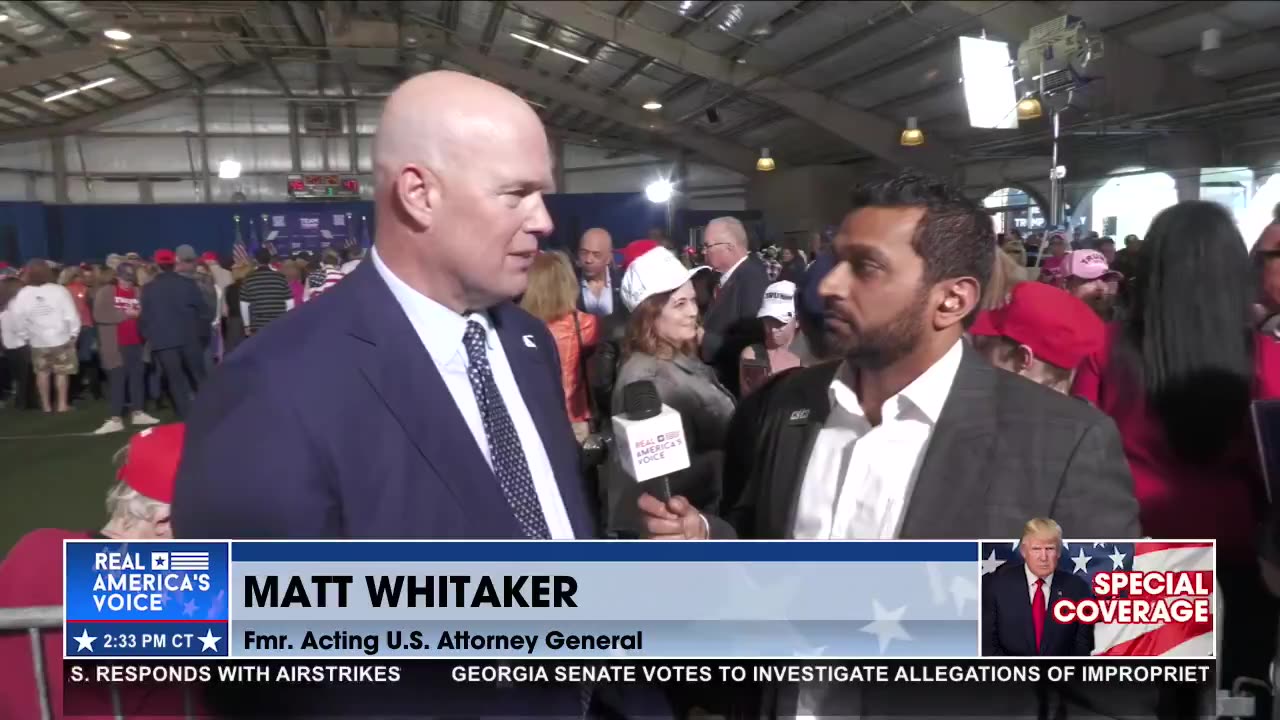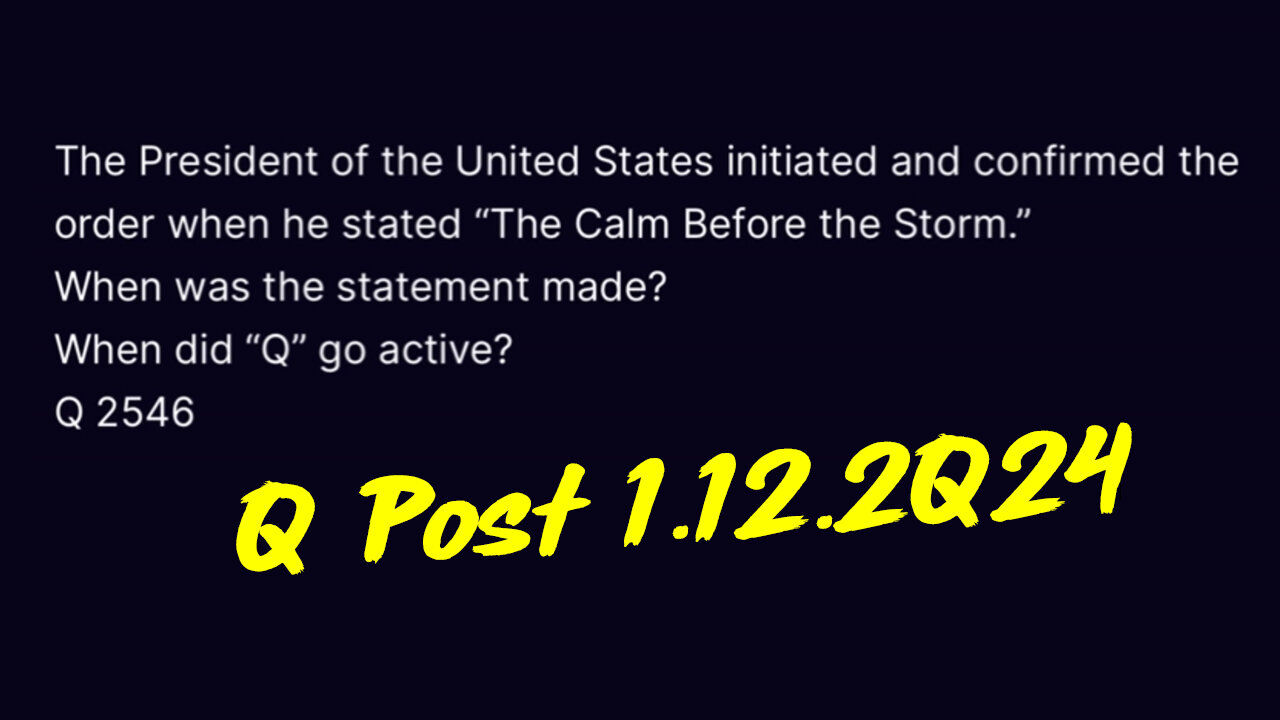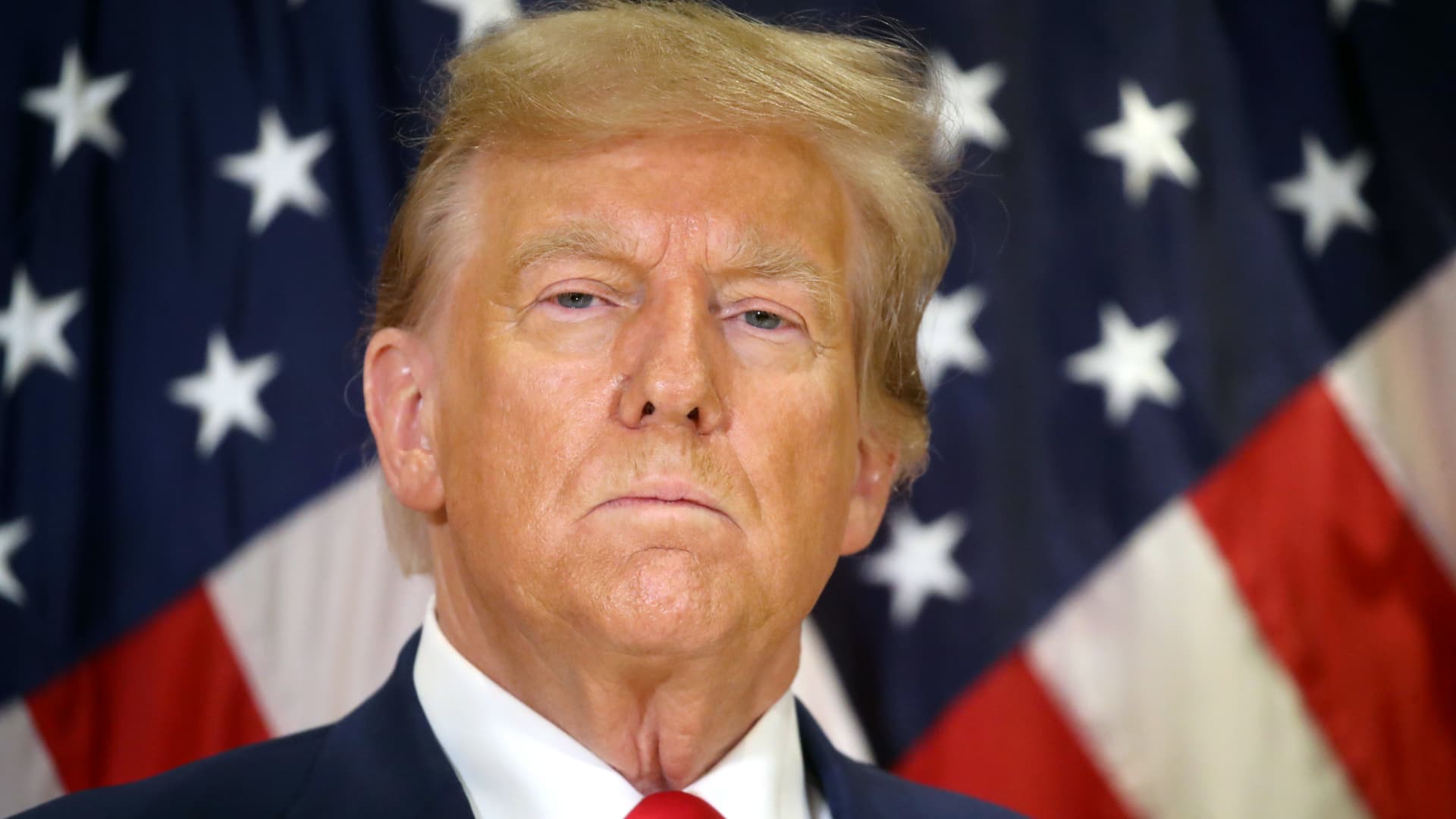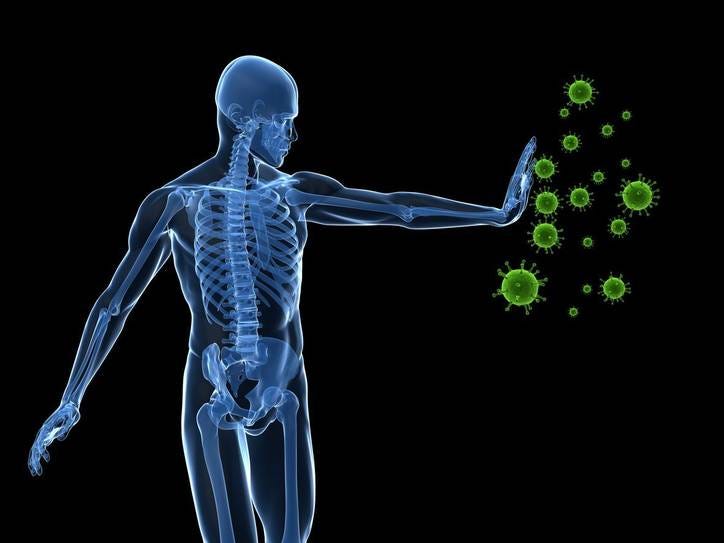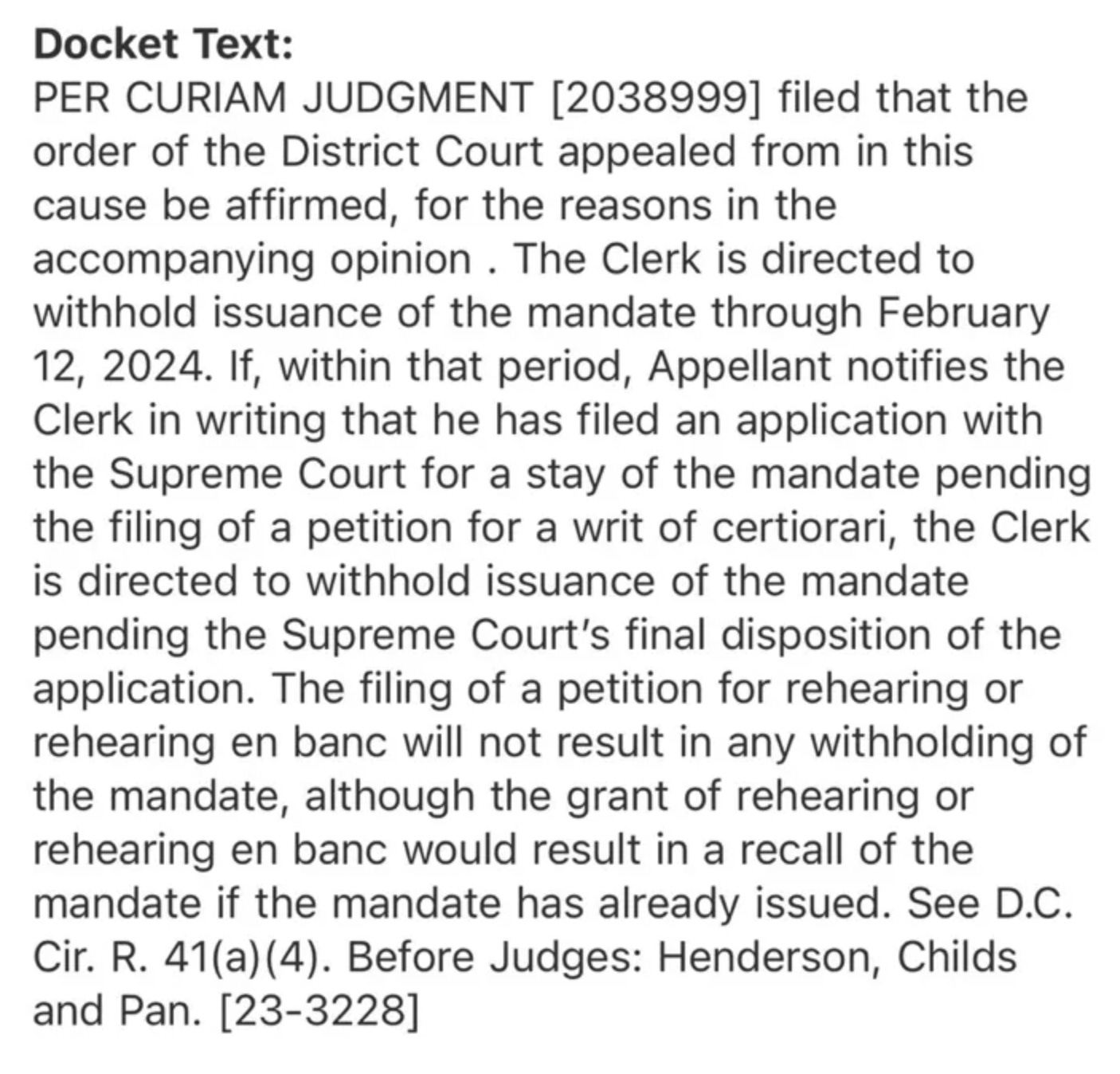MarathonMike
Diamond Member
I am sure the DemoFascists won't stop at 91 phony indictments. Heck when you own the justice system you have to make it to 100 phony indictments, don't you?Donald J. Trump and his organizations have been under investigation
for some years now.
This thread means to put into prospective all of these cases and follow them to wherever they may lead.
Let us start with an over view of all of those cases, and then deal with the most recent information.
Feel free to discuss anything one reads, whether one agrees with it or not, but in a civil way.

Trump court cases: A list of all current and pending legal cases on the ex-president's docket
Donald Trump is on a bad run, with massive losses against the New York attorney general and E. Jean Carroll. His first criminal trial has just begun.www.businessinsider.com



